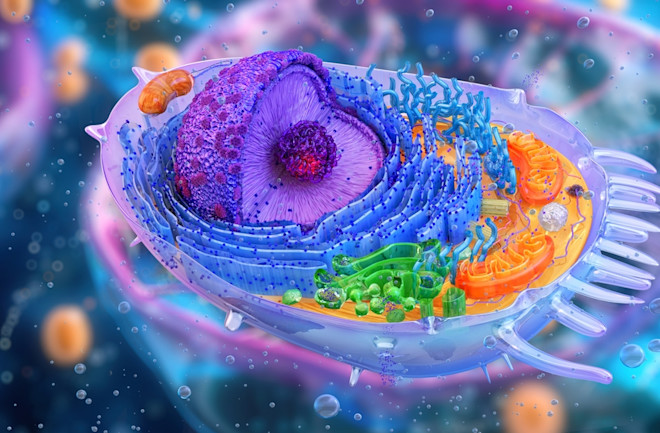It’s been more than two decades since scientists finished sequencing the human genome, providing a comprehensive map of human biology that has since accelerated progress in disease research and personalized medicine.
Thanks to that endeavor, we know that each of us has about 20,000 protein-coding genes, which serve as blueprints for the diverse protein molecules that give shape to our cells and keep them functioning properly.
Yet, we know relatively little about how those proteins are organized within cells and how they interact with each other, says Trey Ideker, a professor of medicine and bioengineering at University of California San Diego. Without that knowledge, he says, trying to study and treat disease is “like trying to understand how to fix your car without the shop manual.”

